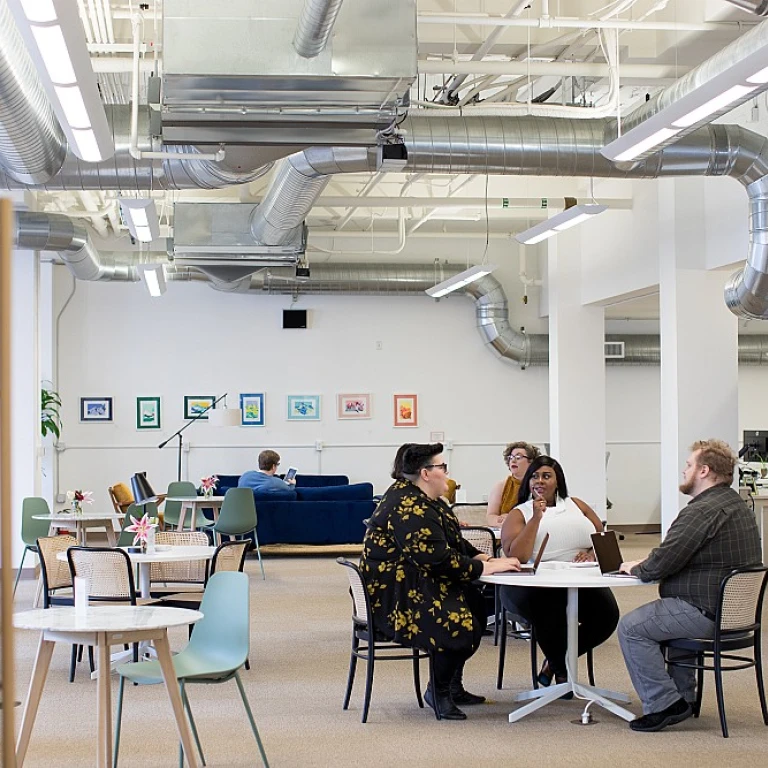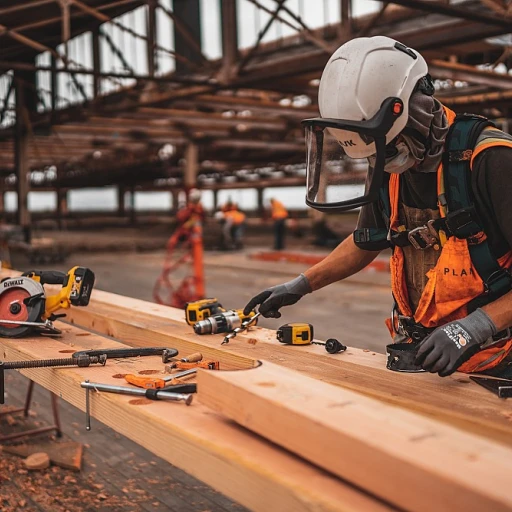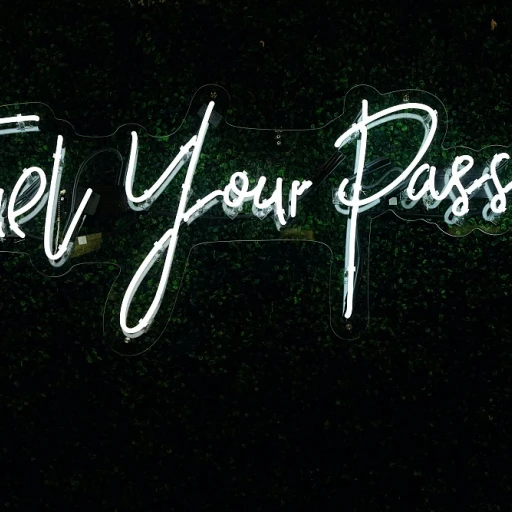
Understanding the Role and Responsibilities
Delving into the Core Requirements of the Position
Understanding the intricacies of the role within an internal interview context is pivotal. This step requires candidates to have a clear picture of what the position entails, including key responsibilities and expectations from the hiring manager. Comprehending these aspects not only helps in formulating appropriate responses to interview questions but also ensures that the candidate is genuinely suited for the job.
An internal interview demands that candidates reflect on their current role and assess how their existing skills and experiences align with the new position. During this process, it’s beneficial to gather specific examples of work achievements that highlight relevant skills and problem-solving abilities. These scenarios can effectively demonstrate capability when answering interview questions.
Moreover, candidates must prepare to discuss how they envision themselves fitting into the company's structure and dynamics. It’s important to understand how the internal team operates and how the role influences company objectives. This involves considering long-term goals and demonstrating an understanding of company culture and expectations.
For those preparing for such an interview, a resourceful approach is exploring comprehensive guides that discuss the complexities of HR management systems. Such resources aid in grasping the multifaceted nature of roles within a company, enhancing preparedness for internal interviews.
Assessing Skills and Experience
Evaluating Your Competencies and Past Contributions
When preparing for an internal interview, assessing your skills and experience is crucial as these will be under the magnifying glass during the interview process. Internal interviews often differ slightly from external ones, as the hiring manager and team members may already have some knowledge of your current role and accomplishments. Here are several questions you might consider to thoroughly evaluate your competencies:
- What specific skills have you developed in your current position that align with the new role? It’s important to showcase how your abilities match the job requirements and how these skills have evolved since you started with the company.
- What achievements highlight your ability to contribute positively to the team? Reflect on scenarios where you delivered significant results, tackled challenges, or displayed problem solving that benefited the team and the company.
- How have your experiences prepared you for the new responsibilities this position entails? Consider the projects or assignments in your current job that provided relevant experience for the role you are applying for.
Being an internal candidate offers the advantage of existing familiarity with company culture and processes. However, hiring managers often seek evidence that you are capable of transitioning your current skills to fulfill new responsibilities effectively. Preparing the best answers for these internal interview questions will not only prove your capability but will also help demonstrate your readiness to take on new challenges.
As you reflect on your own skills and experience, it may be helpful to review insights on how other professionals navigate changes within human resources systems. If you are exploring how to expand your career opportunities and adapt to new roles within HR, transitioning to newer systems can offer a broad perspective. To learn more, you might find this article on navigating new HRIS horizons valuable.
Cultural Fit and Team Dynamics
Evaluating Team Fit and Organizational Synergy
When preparing for an internal interview, it's crucial to understand how your potential new role aligns with the existing team dynamics and the larger company culture. A successful candidate in an internal interview will often exhibit not only the necessary skills and experience but also the ability to integrate smoothly into the team and support the current team's objectives.
Consider these questions during your internal interview process to gauge team fit and organizational compatibility:
- How does the team currently work together to achieve their goals?
- What are the team's strengths and where could they use additional support?
- In what ways can your skills enhance the team's performance and efficiency?
- Are there any specific team members whose roles closely interact with the position you're applying for? How can you foster productive relationships with them?
Asking the right questions about team dynamics during the interview process can help you not only learn about your new potential team but also demonstrate your proactive approach and long-term commitment to contributing positively to the organization's goals.
Additionally, understanding the team's dynamic connects closely with how well your career goals and motivation align with the role's expectations and the company’s vision for the future. For more insights on understanding the dynamics involved in HR roles, explore this in-depth guide.
Career Goals and Motivation
Long-Term Goals: The Key to Motivation
When preparing for an internal interview, it is essential to consider how the role aligns with your long-term career goals and motivations. This can significantly impact your job satisfaction and effectiveness within the team. Discussing your long-term goals not only helps you clarify your own aspirations but also gives insight to the hiring manager about your dedication to the role and the company.
During the interview process, internal candidates often have the advantage of familiarity with the company culture and organizational dynamics. Use this knowledge to demonstrate how the new position helps you further your career objectives while contributing positively to the team and company. Share your achievements in your current role and illustrate how they have prepared you for the responsibilities of the new position.
- Consider preparing specific interview questions about how the role enables growth in skills necessary for your long-term aspirations.
- Illustrate scenarios where you successfully utilized problem-solving and leadership skills, as these are often valued in long-term contributions.
- Be ready to discuss what you envision as your next steps within the company and how this position plays into that plan. Are you aiming for managerial roles or more specialized functions within the team?
An internal interview is a strategic opportunity to contrast your ambitions with the company's needs and demonstrate commitment. Hiring managers will appreciate candidates who can articulate a clear path for growth aligned with team and company goals.
Training and Development Needs
Identifying Developmental Opportunities
During an internal interview, it's essential that both the candidate and the hiring manager focus on identifying training and development needs. Internal candidates often have insights into the organizational landscape but may still face gaps in their skills depending on the new position. When considering a candidate for a new role within the company, here are some key aspects to discuss:- Current Skill Set: Ask questions that help evaluate the skills they have developed in their current role. Explore areas where they have excelled as well as any skills they would like to enhance further.
- Role-Specific Requirements: Understand what unique skills are required for the new position. Consider whether these skills can be acquired through in-house training programs or external resources.
- Long-term Goals: Discuss how this new role aligns with their long-term career aspirations. Open conversations about future opportunities can create motivation and clarity on which developmental areas to focus on.
- Feedback Mechanisms: It's important to establish an ongoing feedback process that will help the internal candidate to adapt swiftly after transitioning to their new role. Constructive feedback from team members and the manager can be instrumental in their growth.
Feedback and Improvement
Evaluating Constructive Feedback
Feedback is a crucial component of the internal interview process. It not only helps the hiring manager make informed decisions but also provides the internal candidate with valuable insights into their performance and areas for improvement. When conducting an internal interview, it's essential to ask questions that will elicit honest and constructive feedback from both the candidate and the team members involved.
Consider the following aspects when gathering feedback:
- Performance in Current Role: How has the candidate performed in their current role? Are there specific achievements or challenges that stand out? This information can help assess whether the candidate is ready for the new position.
- Skills and Experience: Does the candidate possess the necessary skills and experience for the new role? Feedback from colleagues and managers can provide a well-rounded view of the candidate's capabilities.
- Team Dynamics: How does the candidate interact with team members? Understanding their role within the team can highlight their potential for leadership or collaboration in the new position.
- Company Culture Fit: Does the candidate align with the company culture? Feedback from peers can offer insights into how well the candidate embodies the company's values and mission.
Feedback should be specific, actionable, and focused on helping the candidate grow. It's important to create an environment where feedback is seen as a tool for development rather than criticism. This approach not only benefits the candidate but also strengthens the overall team dynamics and company culture.













